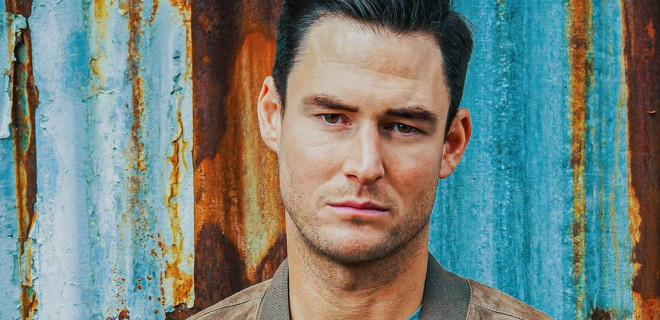
In this week’s EastEnders, Zack spoke publicly about his HIV diagnosis to the residents of Albert Square for the very first time.
The reaction from residents was a mix of shock, ignorance and acceptance. Many questioned his relationship with his partner Whitney and assumed Zack was gay, while his employer Ravi almost sacked him.
For many people living with HIV, facing this kind of judgement on a public level is one of the most feared aspects of their diagnosis. Public stigma and ignorance perpetuates negative perceptions for people living with HIV which can lead to many mental health problems.
It doesn’t have to be this way though – HIV is no longer a death sentence.
Help us tackle stigma
EastEnders has never shied away from tackling the taboo around HIV. Back in 1989 they aired the first-ever gay kiss shown on national TV. You couldn’t ignore the reaction – bigotry in the tabloids was rife. Two years later, in 1991, the EastEnders storyline saw Mark Fowler, a straight man, contract HIV and the outrage only increased. Many people said, ‘how dare you say a straight man can get HIV?!’
Thirty years later, effective treatment now means people living with HIV can have long, healthy lives. They can’t pass HIV on to their partners because 'Undetectable=Untransmissible'. You can be HIV positive and the safest person to have sex with. We have tests you can do at home, on the spot. And we have amazing medication like HIV prevention drug PrEP.
Storylines such as Zack’s highlight how necessary it is to continue to draw attention to the prejudice surrounding HIV. Stigma and discrimination persist in people’s everyday lives, through violence, hostility and exclusion. Only 16% of people in the UK know that, when on effective treatment, you can’t pass the virus on. Often people living with HIV are given a label which is born out of fear rather than reality. This label hugely effects people’s mental health, relationships and filters into many areas of everyday life.
EastEnders continues to stand alongside us, fighting to change public perceptions and stigma. Through counselling, advice and support for those with a new diagnosis, we're helping people and their families realise that HIV is not a death sentence. By sharing and educating the public with information, we can make a real, lasting change for those affected by HIV.
Stigma devastates lives. It impacts our mental health, our well-being. But we can make a difference with your support to finally end HIV transmissions by 2030.
You can support our vital work to end HIV stigma and new transmissions by donating today.


